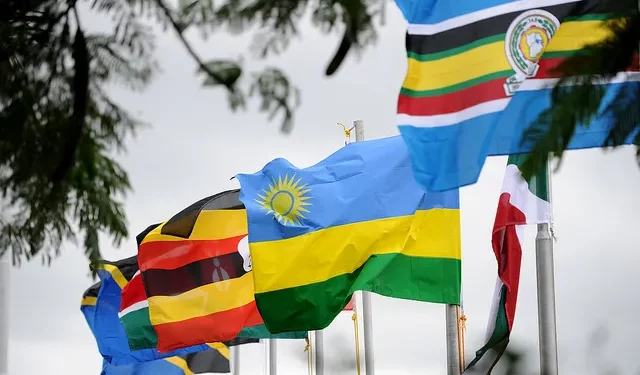The East African Community (EAC) currently experiences strained relations among its members, evident in various conflicts. Burundi has closed its borders with Rwanda, Uganda has taken Kenya to court over a petroleum transportation dispute, and tensions persist between Rwanda and the Democratic Republic of Congo (DRC).
These conflicts pose significant risks to the member states. Immediate consequences of such disagreements include the disruption of economic ties. Trade routes may suffer, leading to delays in the movement of goods and a decline in cross-border investments.
Tariffs and trade restrictions imposed in response to disputes can escalate into a full-blown economic standoff, adversely impacting businesses and citizens in the involved countries.
Furthermore, these disputes can impede joint development projects, such as infrastructure initiatives or energy collaborations, exacerbating economic challenges. The shared economic prosperity, crucial for regional growth, may be hindered as resources are potentially diverted away from collaborative endeavors.
In the case of Rwanda and Burundi, border closures, travel restrictions, and strained diplomatic relations can displace people and families, leading to humanitarian crises with shortages of essential goods and services, threatening the well-being of those in affected regions.
Tensions between the DRC and Rwanda can escalate into armed conflicts, endangering civilian lives and prompting a wave of refugees seeking safety. The humanitarian fallout from such conflicts extends beyond borders, impacting neighboring countries and straining international aid efforts, thereby negatively affecting regional stability.
To mitigate these challenges, it is imperative for East African Community member states to unite and foster open dialogue and collaborative initiatives. This approach can help resolve disagreements, preventing adverse diplomatic relations, sustaining economic growth, improving humanitarian conditions, and averting potential regional instability.


















